WBH Weekly Digest 2023-08-12: Book of the New Sun

Okay, maybe even every two weeks is a little much right now.
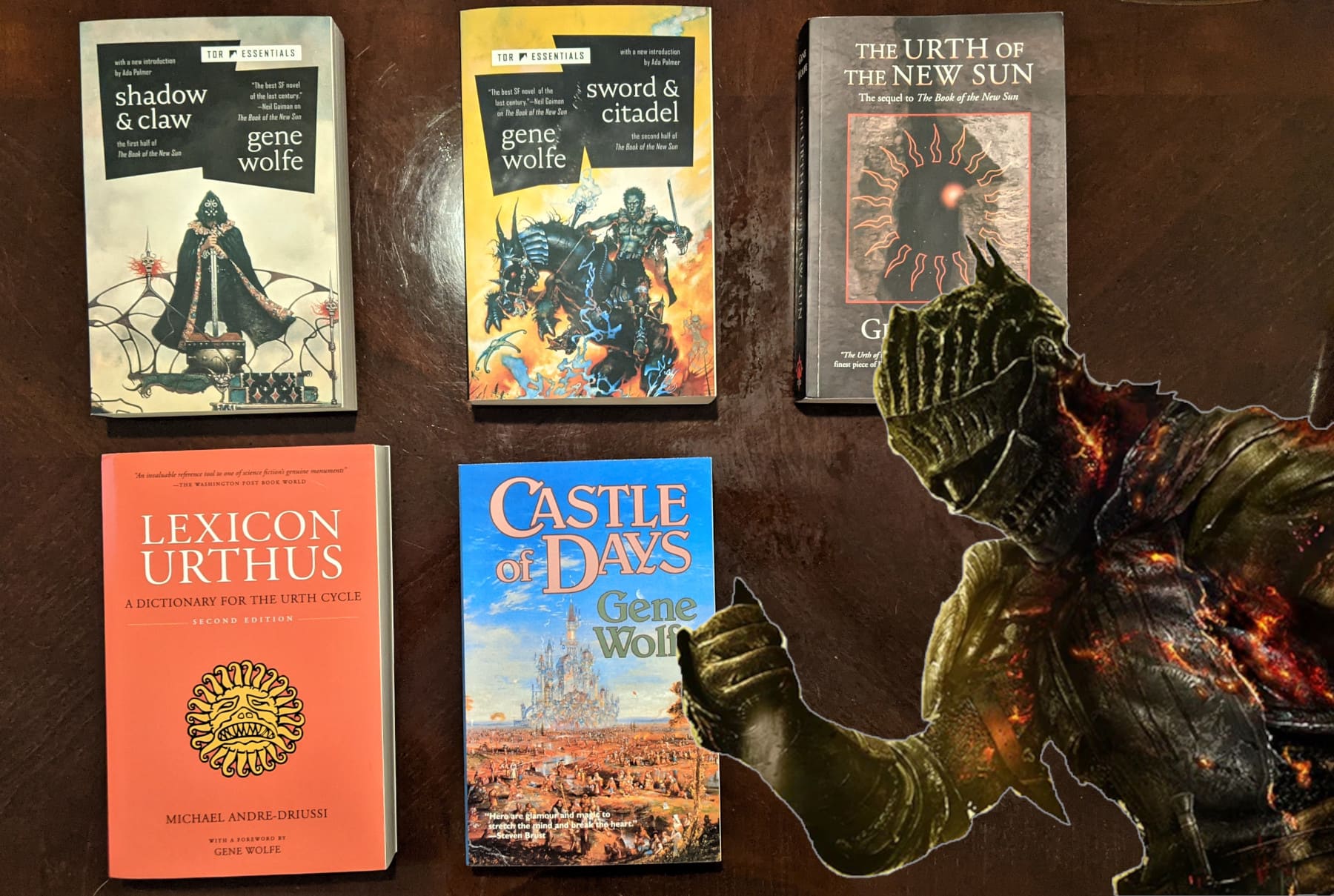
I still haven't read Book of the New Sun, nor played Dark Souls, but this is an awesome essay.
In an interesting logistics anecdote about brittle and resilient systems, and also to use time while stuck at airport:
— Patrick McKenzie (@patio11) July 26, 2023
Apparently a plane is late because maintenance needs a part. The part exists but is not where they believed it to be.
In the course of Patrick McKenzie's thread on airplane logistics, he used the phrase "a letter to Garcia". I hadn't heard of that, but fortunately Patrick provided a link.
The phrase, and the historical event that it came from, used to be popular enough that two movies were made about it, and the Boy Scout handbook referenced it.
As is often the case, the actual events didn't quite happen like Hubbard said in his essay, but that isn't the point here. A letter to Garcia is a Sorelian myth, one deployed to bolster the kind of action needed by Klein type 1 and 2 organizations.
That this myth has faded from popular consciousness is a sad reflection on what we have become.

I very much enjoy Patrick's newsletter, and here are the two best so far
Fraud is a unique subset of crime which occurs, to a major degree, subject to the enforcement efforts of non-state actors. A commanding majority of all fraud which is stopped, detected, adjudicated, and even punished (!) gets those done to it by one or more private sector actors. And the private sector has, in this case, policy decisions to make, which, like the public sector’s decisions, balance the undesirability of fraud against the desirability of social goods such as an open society, easy access to services, and (not least!) making money.

A key phrase which comes up in the requirements for programs is that they be “risk-based.” What is the definition of that? It is fairly vague, by design. Regulation of the financial industry involves a substantial amount of bilateral trust, including trust to interpret vagueness in roughly the intended way.

Mrs Darwin of DarwinCatholic writes about seeing the Barbie half of Barbieheimer with her daughters.

I'm sorry I'm so WEIRD.

And of course the other half of the late summer blockbusters, here is Sailer's review of Oppenheimer. Don't bother reading his review of Barbie.
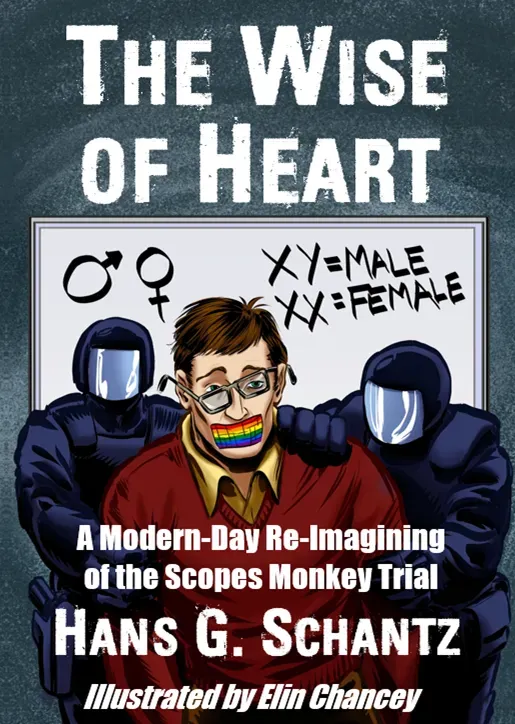
Hans G. Schantz' retelling of the Scopes Monkey Trial was a genuinely gripping read. Well done sir!
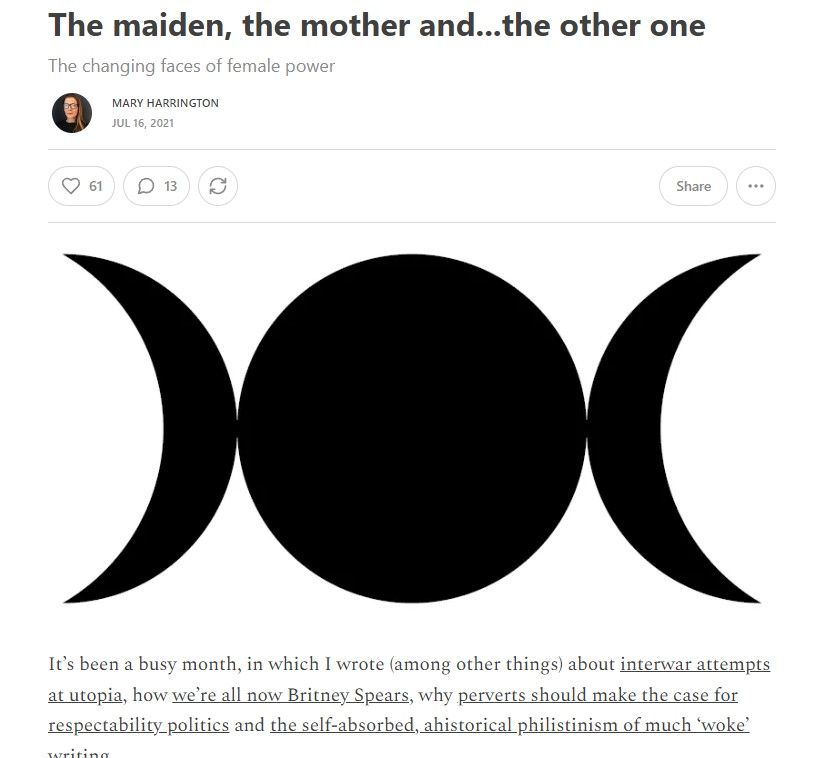
Mary Harrington attempts to reclaim the authentically feminine by allowing women to have dignity in old age.
But one of the blind spots I’ve noticed across even many of these ‘intersectional’ perspectives, as applied in the West, is that of time, and of relationships - especially the relationships that shape this triple archetype. By framing women’s liberation as a matter of unpicking us from relationships, and sidelining the three archetypal stages of womanhood, we end up imposing a male-standard Hero’s Journey on women - where you set forth on your own, vanquish demons and dragons, and return with the prize - that for many is not a comfortable fit with how life actually plays out.
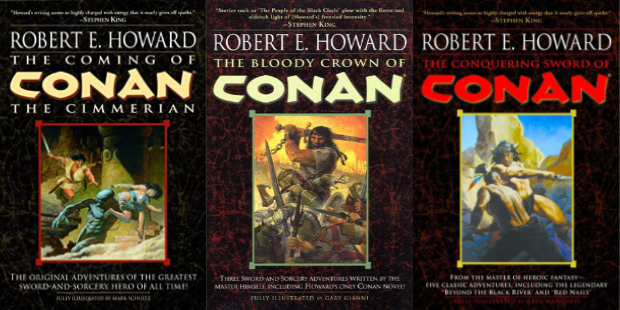
This linkfest from 2022 has FrailSkeleton's gloss on the Heroine's Journey, which is a great addition to Mary Harrington's "Maiden, the Mother, and the Other One". I should have copied more of the tweets, as FrailSkeleton keeps getting suspended.
Heroine’s Journey has 3 parts:
-transgression of important rule -> descent into Chaos
-quest for knowledge (not power), and performing tasks that create order
-rescue back to the world, or self-sacrifice

John J. Reilly had lots of thoughts on Constitutional Law, and this now twenty-three(!) year old post on why Roe v. Wade would inevitably have to be overturned as bad law looks pretty good post Dobbs, and what would follow in that eventuality.
In any case, even if passage were possible, it would not be advisable. The Supreme Court's creation of a bogus constitutional right in this area was not just foolish but tyrannical. The Court sought to end a debate before there was a consensus. There is still no consensus, nor likely to be one for some years. A constitutional amendment would not be quite as tyrannical as the Roe decision, but it would get us no closer to a durable settlement.
And what would a durable settlement look like, after the Court finally caves on this matter and throws it back to the states? Some states will doubtless rush to enact harsh criminal penalties. This will be a mistake. Prosecutors will be reluctant to prosecute and juries to convict. The occasional maximum sentence will be advertised as an arbitrary miscarriage of justice. Far preferable would be a system that folded the question into professional ethics. Doctors who performed unauthorized abortions would be facing a few months' suspension of their licenses, a grave enough matter for people with malpractice insurance premiums to meet and old medical school loans to repay.
Many Americans might think that such a regime would be far too mild, while others would insist that any penalties at all would be an outrage. Whoever is right, we cannot decide until we and our legislative representatives can vote on it, and we cannot do that until we stop trying to make the Constitution do our work for us.
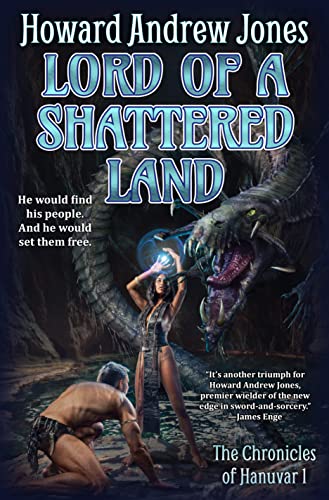
Lord of a Shattered Land by Howard Andrew Jones looks like a great book. I read a review on Castalia House by the Pulp Archivist, then there is this interview with Jones by friend of the blog J R Handley on the Blasters and Blades podcast.








Comments ()